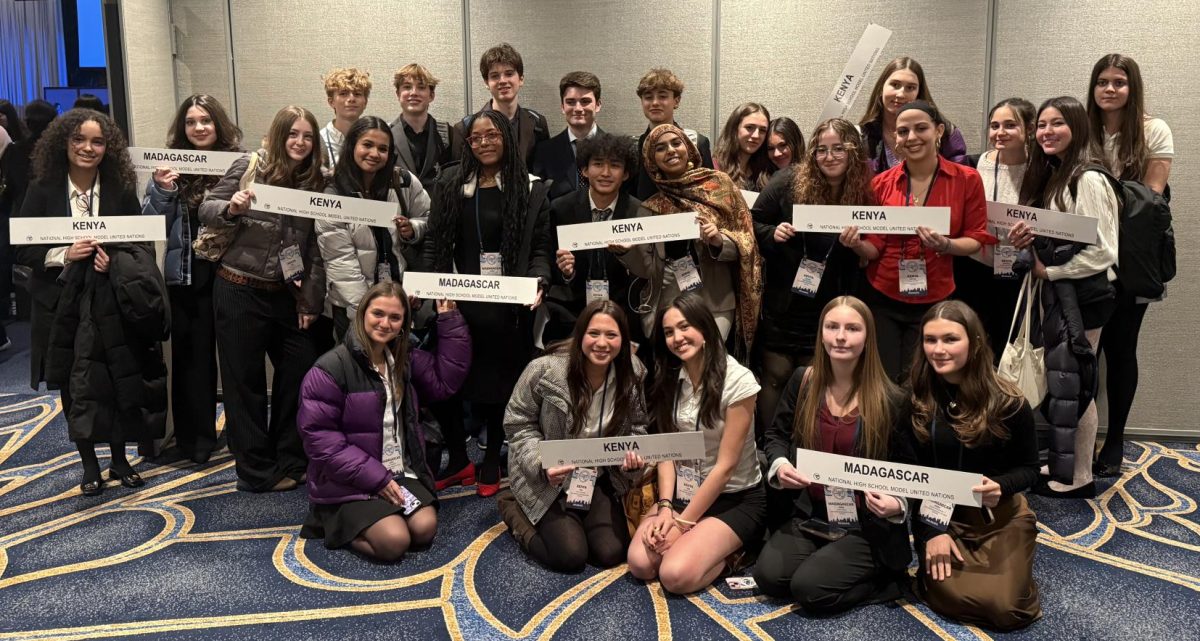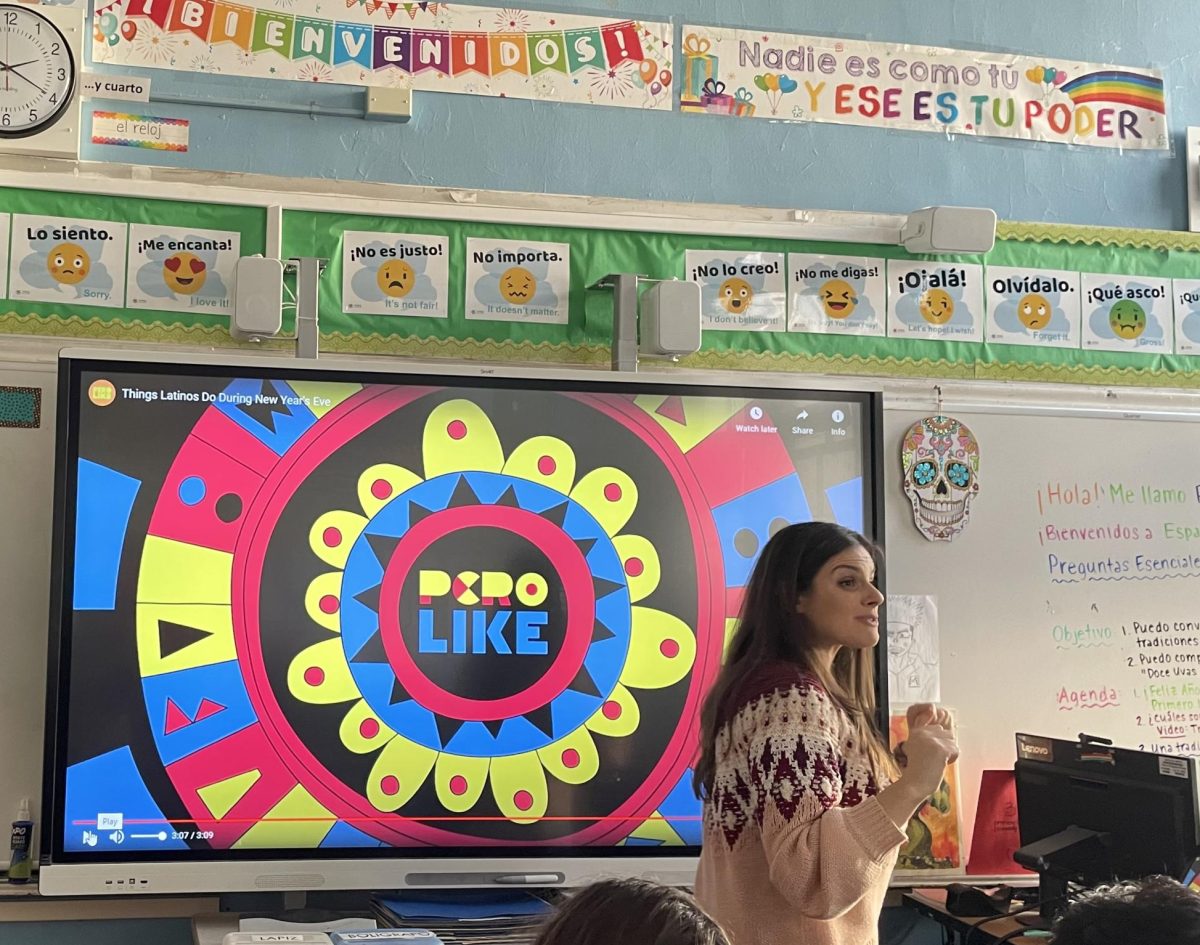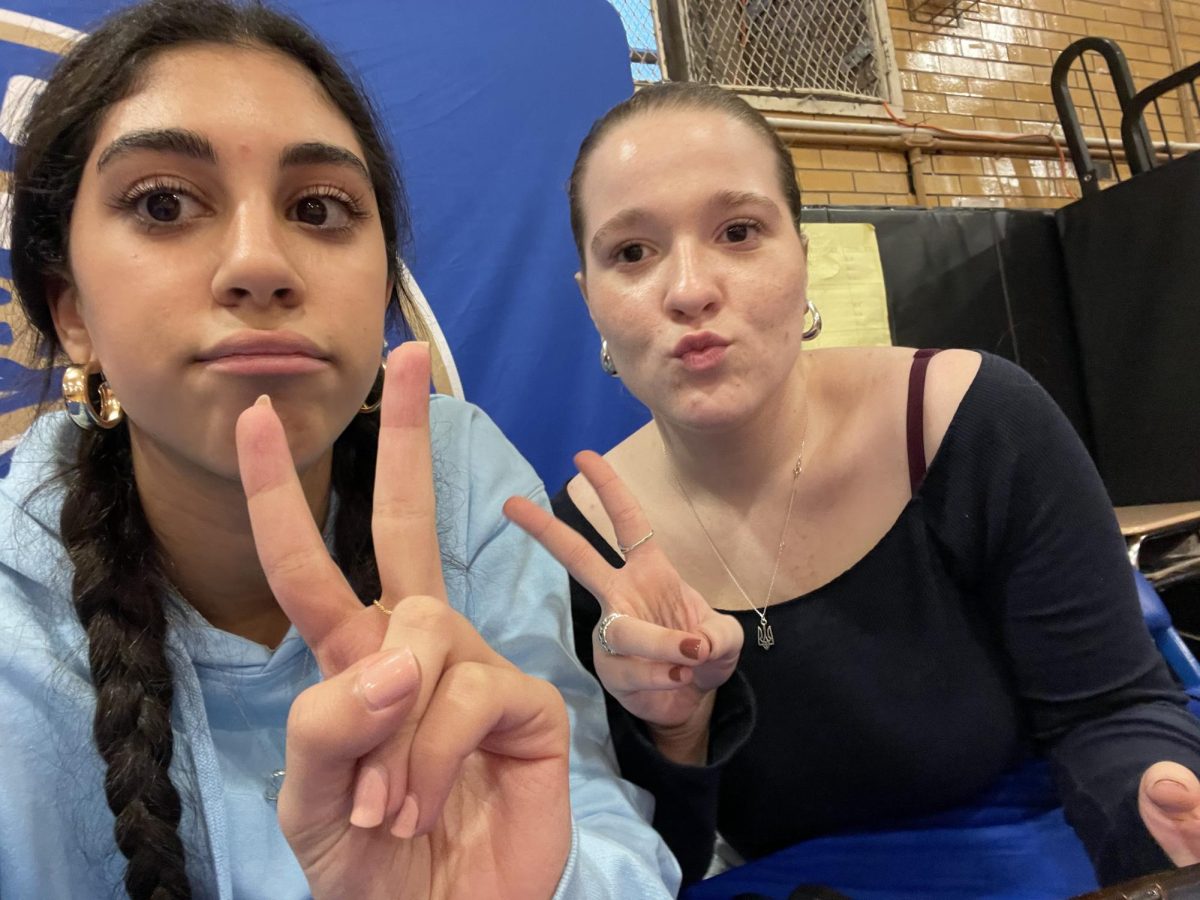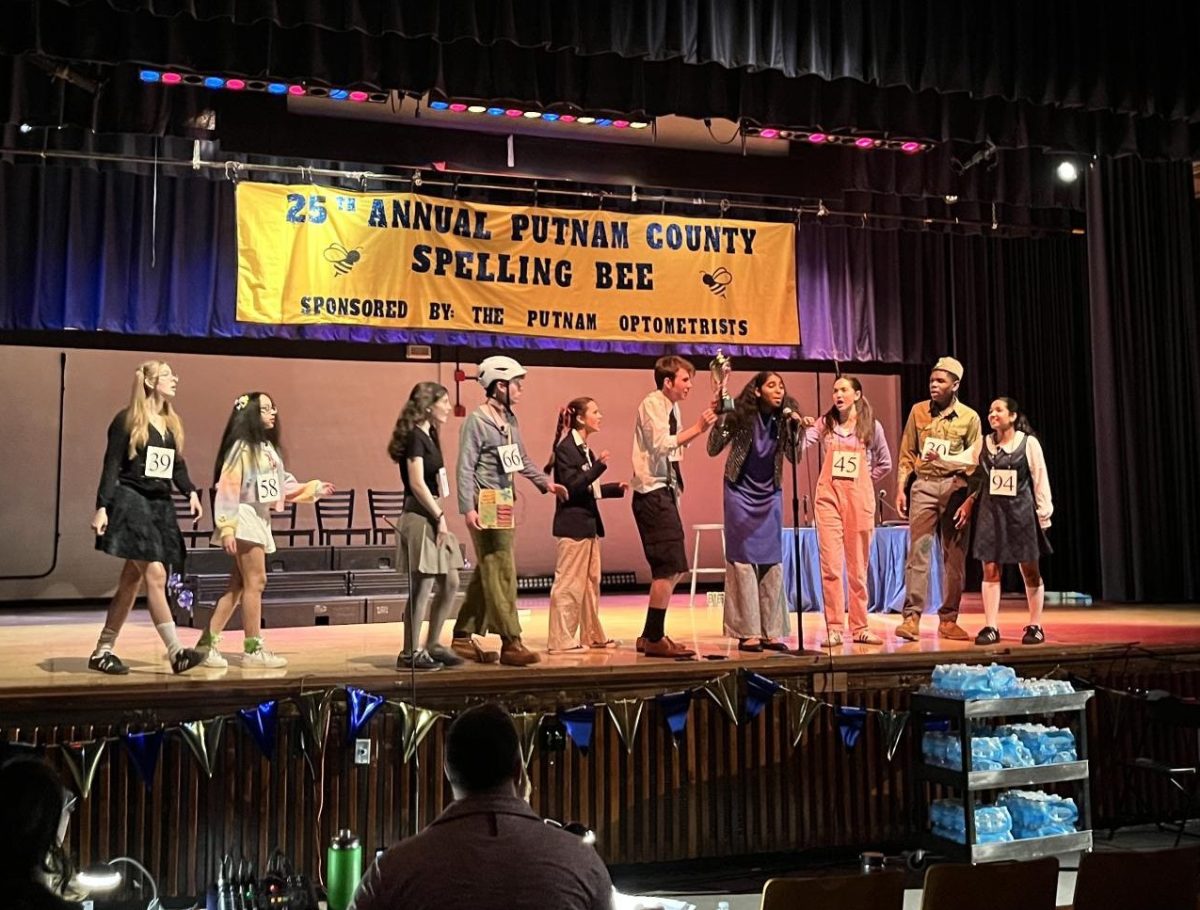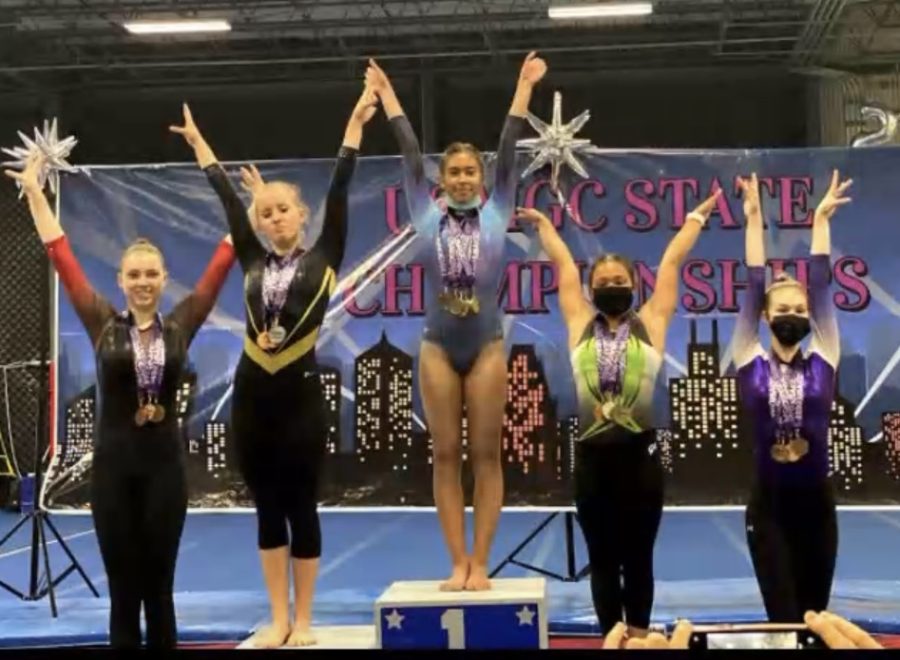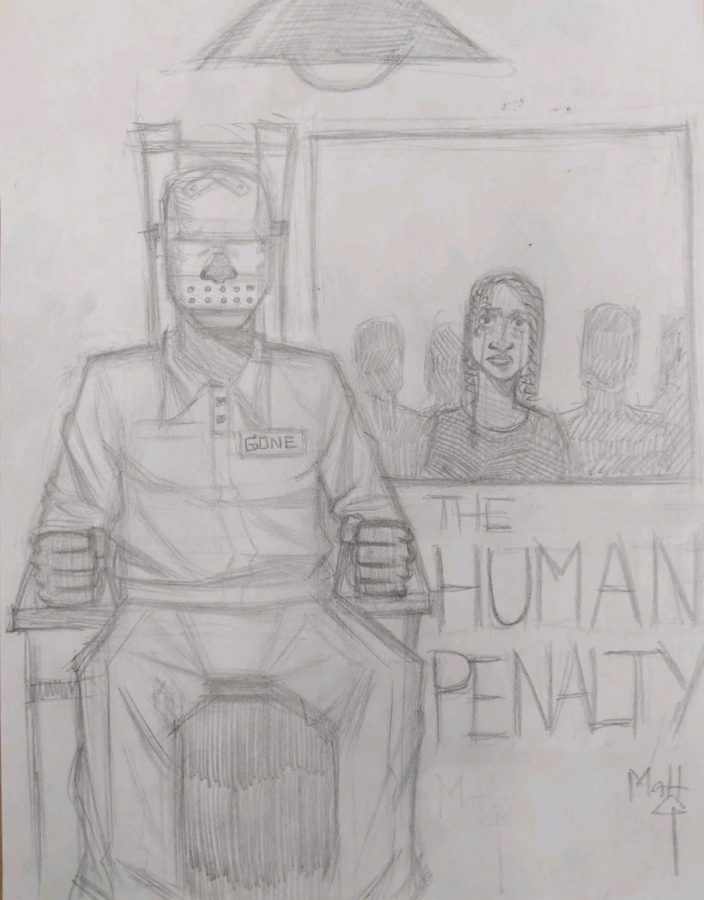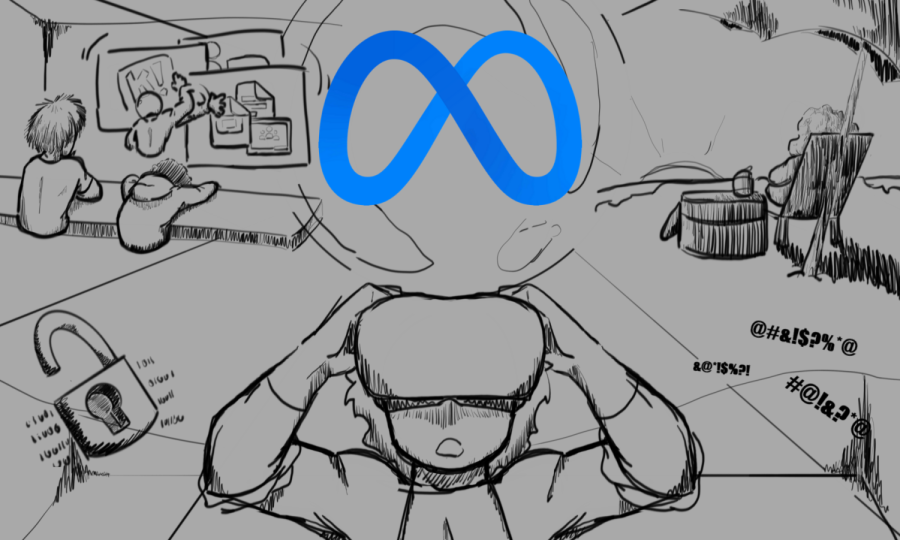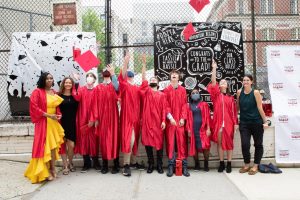Op-Ed: Is Paying Student-Athletes a Good Thing?
March 26, 2015
With March Madness currently going on, the question that has everyone picking sides still remains: should student-athletes get paid?
Of Course!
Student-athletes are not playing for leisure at this point in their lives anymore. The amount of physical work they put into playing is absolutely exhausting. Forbes.com says the average Division I student-athletes put in 43.3 hours a week, 3.3 more than the American work week. Imagine working more than the average American and still being held accountable for actual school life and not being paid in anyway?
Student-athletes help the school generate more money not only by stadium tickets, but incoming students as well. When Patrick Ewing was doing his thing when he played for Georgetown University, undergraduate admissions went up 47% and SAT scores among incoming freshman rose 40 points. Student-Athletes are helping more students become interested into the school, which of course is generating more money. How is it right that none of the students who help create this interest don’t see any of the money?
The college life than the average teenager dreams about is suddenly out the window because literally everything a student-athlete is monitored, from social media to when school is on break. Student-athletes give up a lot of the freedoms of being a college student. The labor they go through for the school they’re attending should be compensated for.
There are some people out there who believe that student-athletes are going to be millionaires in a few years since they’re going pro. This is the most stupidest statement I’ve heard in my life. Division I is not a direct road to professional sports. The facts are that only a small percent of students-athletes become professional and even a smaller percentage becomes successful! Most drop out because the level or competition isn’t the same or the injuries are too severe, so that notion is out the window
Student-athletes should be recognized for the extraordinary hard work and devotion to the school. From the practices to the games across the nation, playing a sport for a Division I school is essentially a job and the players should be treated financially like it is.
